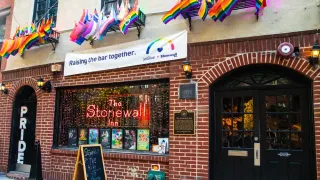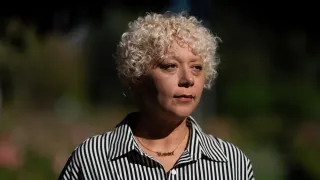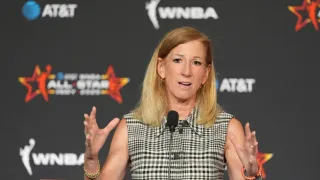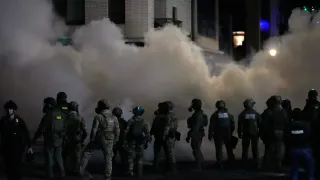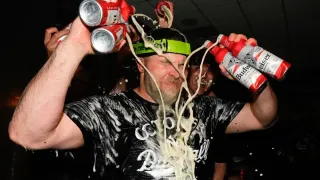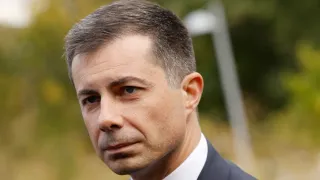
3 hours ago
Spanish Gay Soccer Player Alberto Lejárraga Targeted with Homophobic Chants During Match, Sparking Outrage
READ TIME: 3 MIN.
Alberto Lejárraga, goalkeeper for Rayo Majadahonda and one of the few openly gay male footballers in Spain, became the target of homophobic slurs and chants from a section of the crowd during a recent league match, according to multiple media reports . Witnesses described hearing repeated derogatory language and anti-gay slogans directed at Lejárraga throughout the game, which reportedly affected both the player and the atmosphere in the stadium.
This incident is the latest in a series of homophobic episodes in European football, highlighting the ongoing challenges faced by LGBTQ+ players in the sport .
Lejárraga is notable for his openness about his sexuality in a profession where, globally, few male players have come out during their careers. His public visibility has made him an inspiration for LGBTQ+ athletes and fans, but also a target for discrimination .
Homophobia remains deeply rooted in men’s association football, with most openly LGBTQ+ players found in the women’s game and the majority of male players coming out only after retirement . Lejárraga’s presence on the pitch as an openly gay man is significant, offering visibility and representation to a community long marginalized within the sport.
The incident at Rayo Majadahonda has prompted swift condemnation from LGBTQ+ advocacy groups, fans, and allies. Several organizations have called on football authorities to take urgent action against discriminatory behavior, both to support Lejárraga and to send a clear message that homophobia has no place in football . Calls for investigations and disciplinary measures have been echoed by prominent voices in Spanish and international football.
The Spanish Football Federation has faced increased pressure in recent years to address abuse of LGBTQ+ players, following similar incidents involving both fans and fellow athletes. In previous cases, such as homophobic chanting at matches in England, clubs and individuals have faced bans and significant fines, signaling a growing recognition of the need for accountability .
Despite progress in promoting LGBTQ+ inclusion, homophobia remains a persistent challenge in men’s football. Reports and academic studies have documented widespread abuse, both online and in stadiums, with many LGBTQ+ athletes citing fear of discrimination as a barrier to coming out .
High-profile incidents—such as the recent abuse directed at Lejárraga—underscore the need for ongoing education, robust anti-discrimination policies, and visible support for LGBTQ+ players. International bodies, including UEFA and FIFA, have introduced campaigns and regulations aimed at combating homophobia, yet enforcement and cultural change remain inconsistent across leagues and countries .
In the aftermath of the incident, Lejárraga has received an outpouring of solidarity from teammates, fans, and LGBTQ+ organizations. Social media campaigns and statements from fellow athletes have highlighted the importance of allyship and resilience in the face of hate .
Advocates stress that visible support for LGBTQ+ players is crucial not only for those directly affected but for the broader movement toward equality in sports. “Incidents like this show why representation matters,” one supporter wrote in response to the news, “and why the fight against homophobia in football must continue” .
Lejárraga himself has previously spoken about the importance of authenticity and the hope that his visibility can help create a safer, more inclusive environment for future generations of athletes .
The assault on Lejárraga’s dignity serves as a powerful reminder of the work still required to ensure that football is truly a sport for all. As leagues and governing bodies review their policies and consider stronger deterrents to discriminatory behavior, advocates continue to push for comprehensive education, visible leadership, and zero tolerance for hate.
The message from LGBTQ+ communities and allies is clear: football must stand united against homophobia, ensuring that every player—regardless of sexual orientation or gender identity—can participate in the game free from discrimination and abuse .
